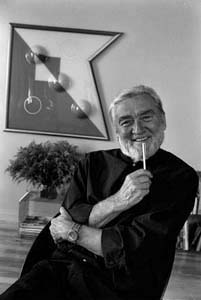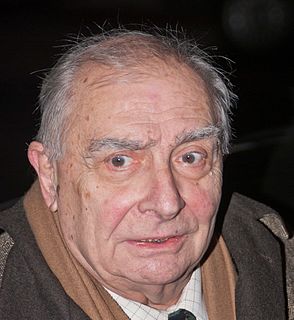A Quote by John Ruskin
There is no climate, no place, and scarcely an hour, in which nature does not exhibit color which no mortal effort can imitate or approach. For all our artificial pigments are, even when seen under the same circumstances, dead and lightless beside her living color; nature exhibits her hues under an intensity of sunlight which trebles their brilliancy.
Related Quotes
Nature, at all events, humanly speaking, is manifestly very fond of color; for she has made nothing without it. Her skies are blue; her fields, green; her waters vary with her skies; her animals, vegetables, minerals, are all colored. She paints a great any of them in apparently superfluous hues, as if to show the dullest eye how she loves color.
You may command Nature to the extent only in which you are willing to obey her. You cannot intelligently obey that which you do not comprehend. Therefore I also say, ask of Nature that you may be one with her and she will whisper her secrets to you to the extent in which you are prepared to listen. Seek to be alone much to commune with Nature and be thus inspired by her mighty whisperings within your consciousness. Nature is a most jealous god, for she will not whisper her inspiring revelations to you unless you are absolutely alone with her.
After painting comes Sculpture, a very noble art, but one that does not in the execution require the same supreme ingenuity as the art of painting, since in two most important and difficult particulars, in foreshortening and in light and shade, for which the painter has to invent a process, sculpture is helped by nature. Moreover, Sculpture does not imitate color which the painter takes pains to attune so that the shadows accompany the lights.
Now this circumscribed power, which we have scarcely examined, scarcely studied, this power to whose actions we nearly always attribute an intention and a goal, this power, finally, that always does necessarily the same things in the same circumstances and nevertheless does so many and such admirable ones, is what we call 'nature' .
Light and color are closely linked. The colors can make a crucial change in nature, if you switch from daylight to artificial light or just from strong to weak illumination. In addition, color perception is affected by the material structure. Even if a piece of textile can have the same color as a shiny enamel plate, then they will act completely different.
The universal nature has no external space; but the wondrous part of her art is that though she has circumscribed herself, everything which is within her which appears to decay and to grow old and to be useless she changes into herself, and again makes other new things from these very same, so that she requires neither substance from without nor wants a place into which she may cast that which decays. She is content then with her own space, and her own matter, and her own art.
Though nature is constantly beautiful, she does not exhibit her highest powers of beauty constantly, for then they would satiate us and pall upon our senses. It is necessary to their appreciation that they should be rarely shown. Her finest touches are things which must be watched for; her most perfect passages of beauty are the most evanescent.
On our planet, all objects are subject to continual and inevitable changes which arise from the essential order of things. These changes take place at a variable rate according to the nature, condition, or situation of the objects involved, but are nevertheless accomplished within a certain period of time. Time is insignificant and never a difficulty for Nature. It is always at her disposal and represents an unlimited power with which she accomplishes her greatest and smallest tasks.
... the first thing his education demands is the provision of an environment in which he can develop the powers given him by nature. This does not mean just to amuse him and let him do what he likes. But it does mean that we have to adjust our minds to doing a work of collaboration with nature, to being obedient to one of her laws, the law which decrees that development comes from environmental experience.



































